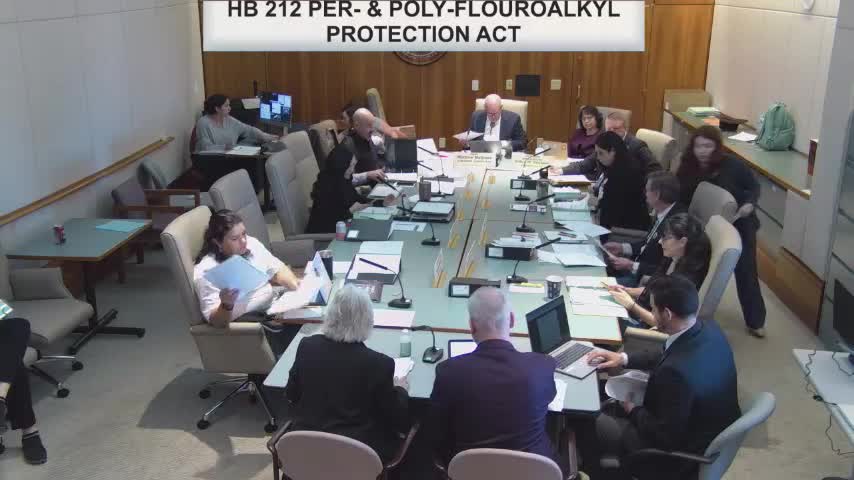Committee advances change to solar market tax credit to allow power‑purchase agreements and increase market uptake
Get AI-powered insights, summaries, and transcripts
Subscribe
Summary
A committee substitute to House Bill 211 that clarifies certification rules and allows power‑purchase agreements (PPAs) was advanced without recommendation after members discussed declining residential participation and concerns about consumer protections and grid impacts.
Representative Leo Ferrari presented a committee amendment to the state’s solar market tax credit program intended to spur both rooftop and third‑party solar adoption. The substitute clarifies program certification, allows power‑purchase agreements (PPAs) to qualify for credits, and adjusts per‑property caps so that the credit travels with a property rather than only with a taxpayer.
The sponsor said the change addresses a marked decline in utilization of the state refund‑able tax credit: of the roughly $30 million annually authorized for credits, only about $6.1 million was claimed in 2024, according to program data presented to the committee. He and industry witnesses said residential solar companies closed or left the market in 2023–24 because of supply‑chain pressures, higher interest rates and other business stresses; allowing PPAs for customers who cannot afford upfront costs should increase installations and jobs.
Experts described the consumer model that PPAs create: third‑party investors own and maintain systems installed on customer property, offer electricity under long‑term contracts, and rely on standardized certification documents aligned with federal tax appraisal practice. Rocky Backus, a solar industry expert testifying with the sponsor, said the amendment carries no new state budget cost but would allow PPAs, which he said can cut customer electric bills 30–70% in some cases and provide predictable long‑term pricing.
Committee members asked about consumer protections and whether the change could be gamed by developers or shift costs to nonparticipating utility ratepayers. Committee staff noted the Public Regulation Commission and utilities are handling larger system interconnection and transmission issues, and witnesses said project certifiers and the program administrator (MNerd) would review PPA contracts and require documentation to reduce fraud or mispricing. The Taxation & Revenue Department’s fiscal note flagged some implementation costs for MNerd’s website and processing systems; MNerd staff estimated modest IT updates.
The committee advanced the bill without recommendation (recorded committee vote 7–4). Sponsors pledged to work with MNerd, Taxation & Revenue and utilities to tighten certification rules, protect small residential applicants and ensure fair distribution of credits across residential and corporate applicants.
Ending: The sponsor and agency representatives said they will pursue clarifying language and consumer protections through follow‑up drafting and stakeholder meetings before floor action.
